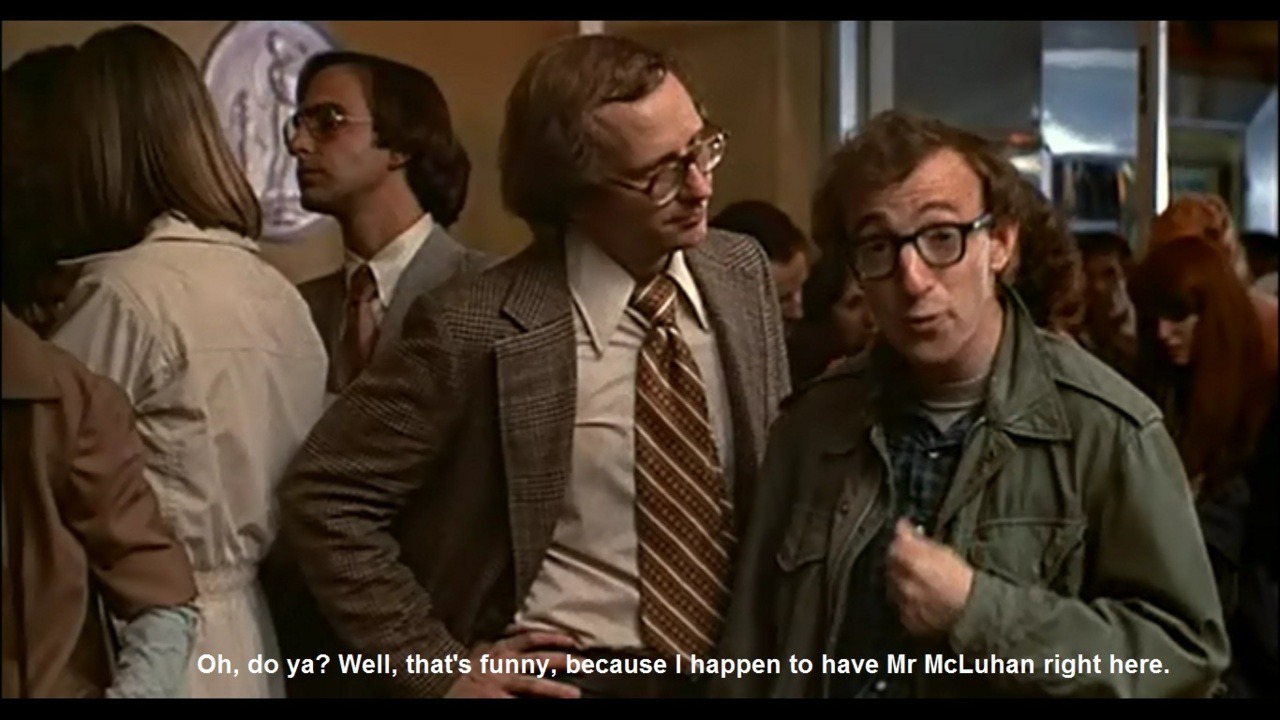So we watched THE GET DOWN on Netflix, Baz Luhrmann's show about the birth of rap during the disco era. I gather this show has provoked some controversy, being a show about black and Puerto Rican people in the South Bronx in the 70's made by a white dude from Australia. I don't really care if it's accurate. I'm not watching Baz Luhrmann because he's a documentarian. I'm watching him because ROMEO+JULIET and MOULIN ROUGE!
Oh, and because I lived New York in the 70's, and yeah, it was like that, dirty and beautiful, and full of despair and dreams.
Anyway, an hour into the show, after all sorts of michegas, a character tells the hero about a secret dance event called the Get Down, and asks, "Have you ever heard of someone named Grandmaster Flash," and chills went down my spine, because this is the epoch of disco and the kid is a rapper without knowing it, and yes, I have heard of Grandmaster Flash.
And I look on the TV, and I realize there's another 15 minutes of this. Whut? No.
No, Mr. Luhrmann. That is your out. That is how you end your pilot.
So we turned it off.
Not that we weren't enjoying it. But that was the perfect ending to the episode. So we made an executive decision.
TV writers watch differently. I have many times gone to a movie with my friend Doug, a movie writer, and afterwards we fix the plot.
Lisa sometimes accuses me of having ruined TV for her, because she now sees the seams and stitches of the shows she's watching — when the seams and stitches are showing, that is. On the other hand, when you see something really great, you appreciate it all the more. And you can turn off the show an hour in if it's earned its out.
Oh, and because I lived New York in the 70's, and yeah, it was like that, dirty and beautiful, and full of despair and dreams.
Anyway, an hour into the show, after all sorts of michegas, a character tells the hero about a secret dance event called the Get Down, and asks, "Have you ever heard of someone named Grandmaster Flash," and chills went down my spine, because this is the epoch of disco and the kid is a rapper without knowing it, and yes, I have heard of Grandmaster Flash.
And I look on the TV, and I realize there's another 15 minutes of this. Whut? No.
No, Mr. Luhrmann. That is your out. That is how you end your pilot.
So we turned it off.
Not that we weren't enjoying it. But that was the perfect ending to the episode. So we made an executive decision.
TV writers watch differently. I have many times gone to a movie with my friend Doug, a movie writer, and afterwards we fix the plot.
Lisa sometimes accuses me of having ruined TV for her, because she now sees the seams and stitches of the shows she's watching — when the seams and stitches are showing, that is. On the other hand, when you see something really great, you appreciate it all the more. And you can turn off the show an hour in if it's earned its out.


